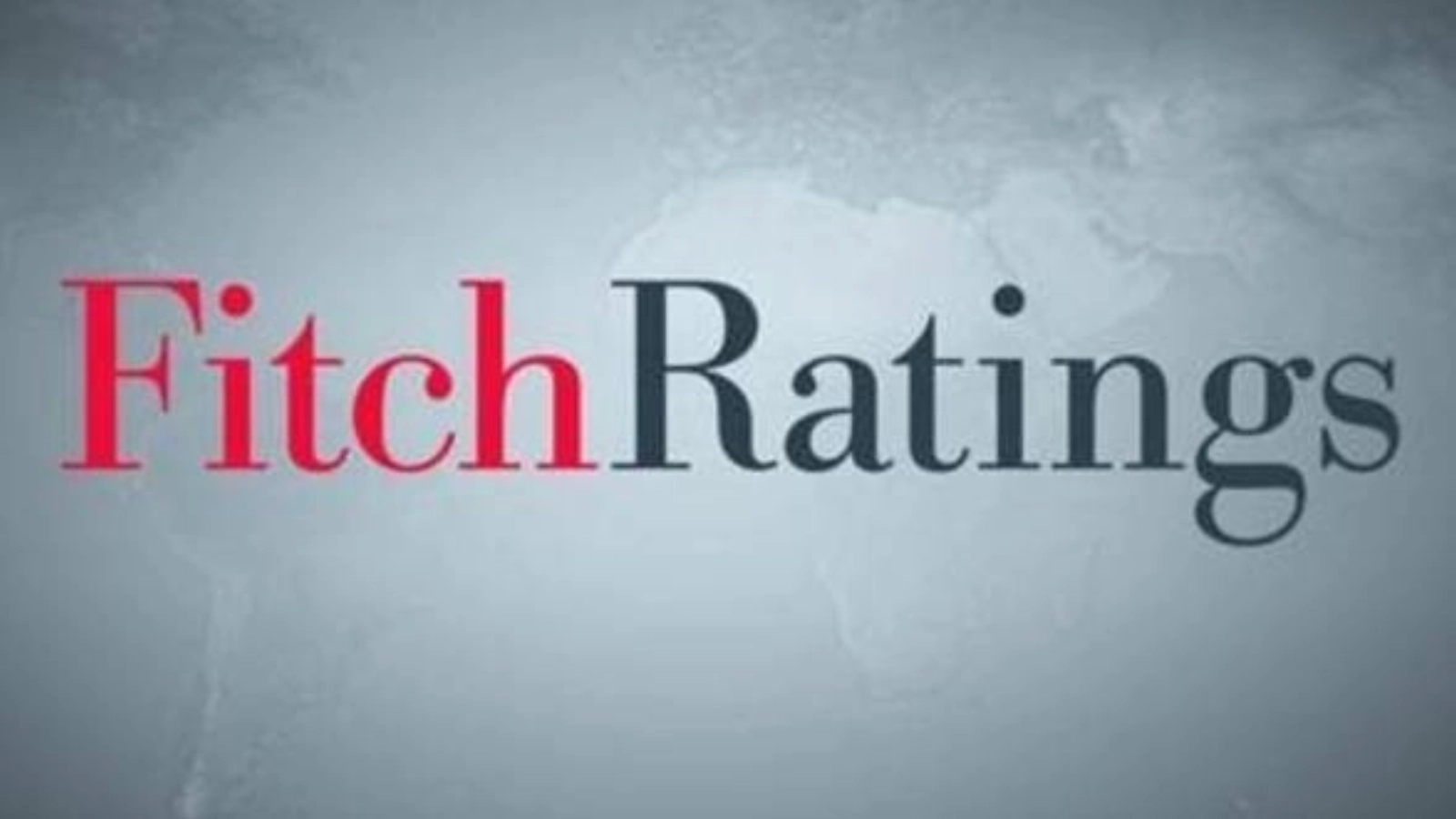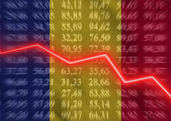Fitch Ratings revised on Friday the outlook on Romania's long-term foreign- and local-currency issuer default ratings (IDRs) to stable from negative and affirmed the IDRs at 'BBB-', the Finance Ministry announced.
This is the first upgrade in Romania's outlook by the said international credit rating agency since April 2020, according to agerpres.ro.
Fitch argues its upgrade decision by the stabilization of Romania's public debt/GDP in 2021-2022 and the implementation of policies aimed at ensuring a gradual fiscal consolidation, noting also that Romania's credit fundamentals have been relatively resilient to shock from the Ukraine war and the subsequent energy crisis in Europe.
Fitch forecasts a 2.3 percent GDP growth in 2023 and 3.0 percent in 2024, well above the eurozone growth forecast, and in line with the 'BBB' median, as the large inflows of EU funds, including the cohesion funds from the new multiannual (2021-2027) financial framework and the recovery and resilience funds will continue to be key growth drivers, primarily through investments over the medium term.
The rating agency notes that inflation increased very steeply in 2022 in Romania, as in most European countries, with the average 2022 HICP inflation standing at 12%. Inflation is expected to decline this year, primarily due to base effects in the short run, Fitch writes, forecasting an annual average HICP inflation of 9.3% in 2023 and 5.6% in 2024, still significantly above the 2.5% target and with risks skewed to the upside.
The current account deficit (CAD) was EUR 26.5 billion, 9.3% of GDP compared with 7.2% in 2021 and 4.9% in 2020. Romania's budget and CAD are both significantly higher than the peer median, underpinning the twin deficit problem. The deterioration of the CAD is due to a combination of factors, including the terms of trade shock in the energy sector and high import content of investments. Notwithstanding the high CAD, Romania faced no external financing pressures, underpinned by the significant increase in international reserves. The exchange rate has been broadly stable against the euro, the Fitch report says, forecasting a narrowing of the CAD in 2023-2024, consistent with a fiscal consolidation path and a gradual recovery in exports.
"Fitch Ratings' decision is proof of the international recognition of the Romanian government's agenda to ensure fiscal and budgetary consolidation and the confirmation that the adopted measures were the right ones, the ones Romania needed and were eagerly expected by all our foreign partners. At the same time, we must remark the agency's positive estimates regarding Romania's economic growth potential in the medium term," Finance Minister Adrian Caciu said.
"The main factors that could individually or collectively lead to the improvement of Romania's sovereign rating or outlook are the firm stabilization of the debt-to-GDP ratio in the medium term and the narrowing of the fiscal deficit, as a result of the effective implementation of the government's fiscal strategy, as well as the reduction of risks regarding external financing through the structural improvement of the current account deficit position, which would result in a decrease in external debt and/or the improvement of forex reserves," the Finance Ministry's release also states.
































Comentează